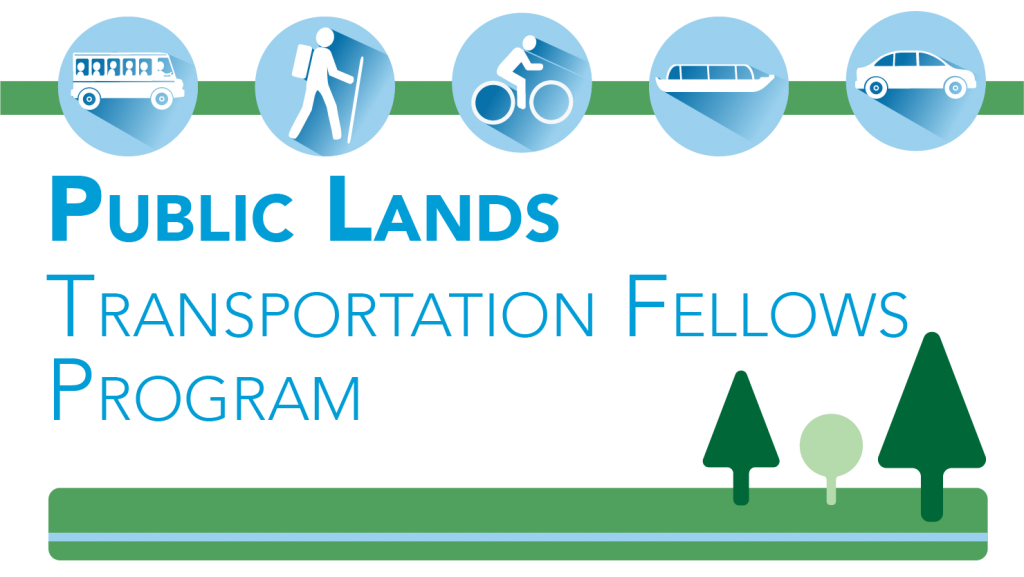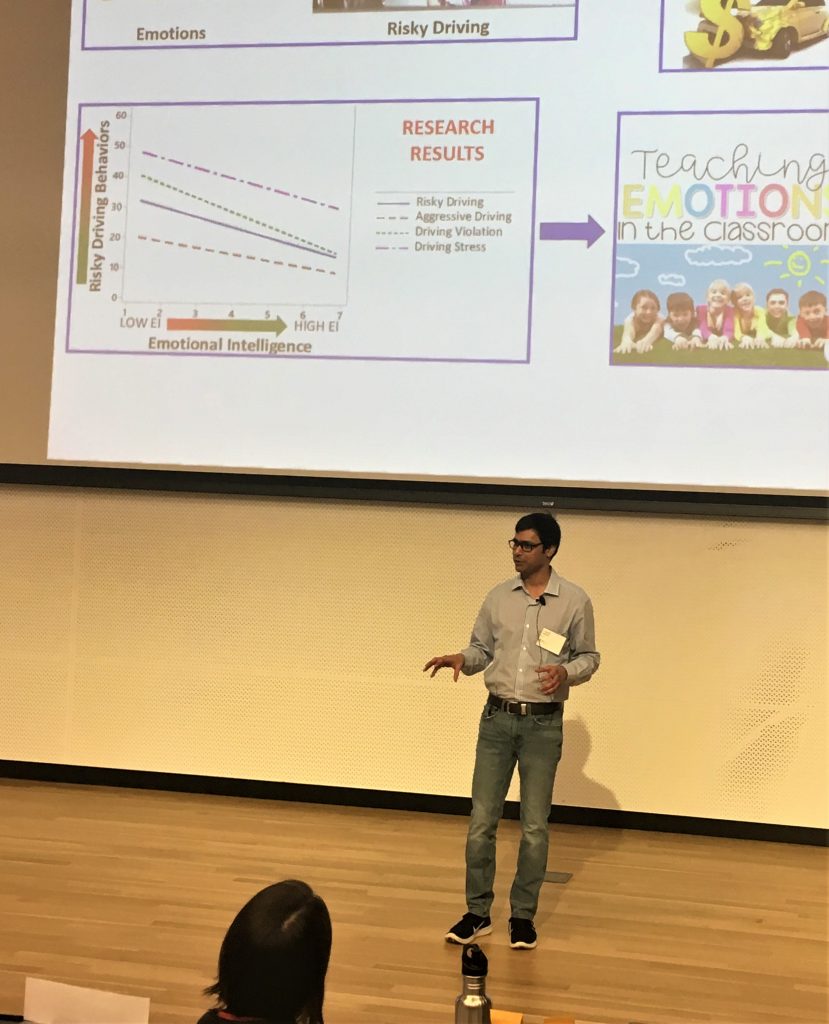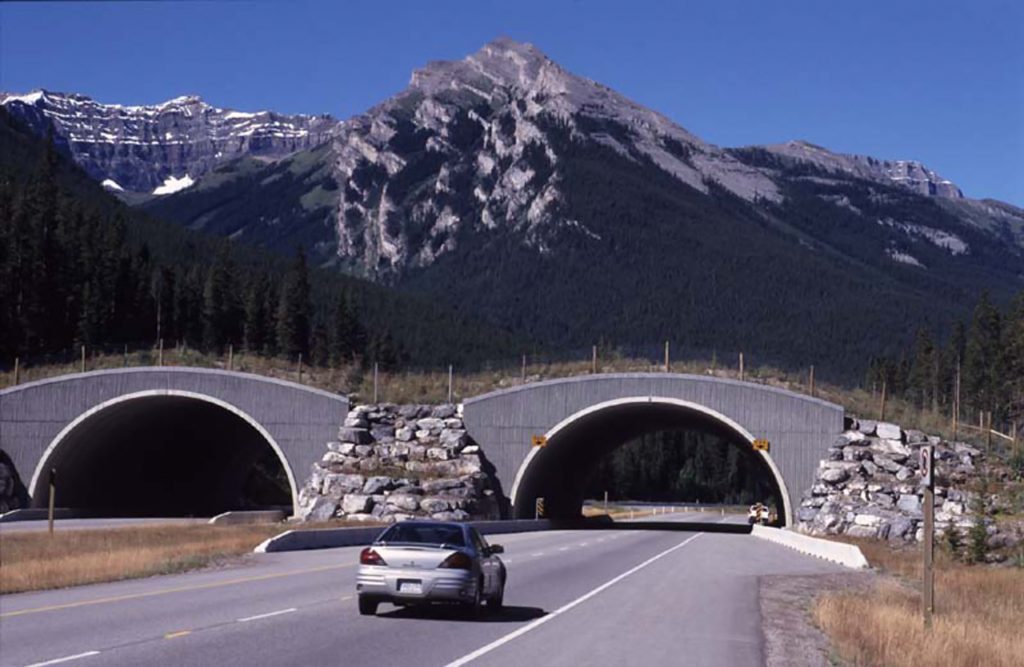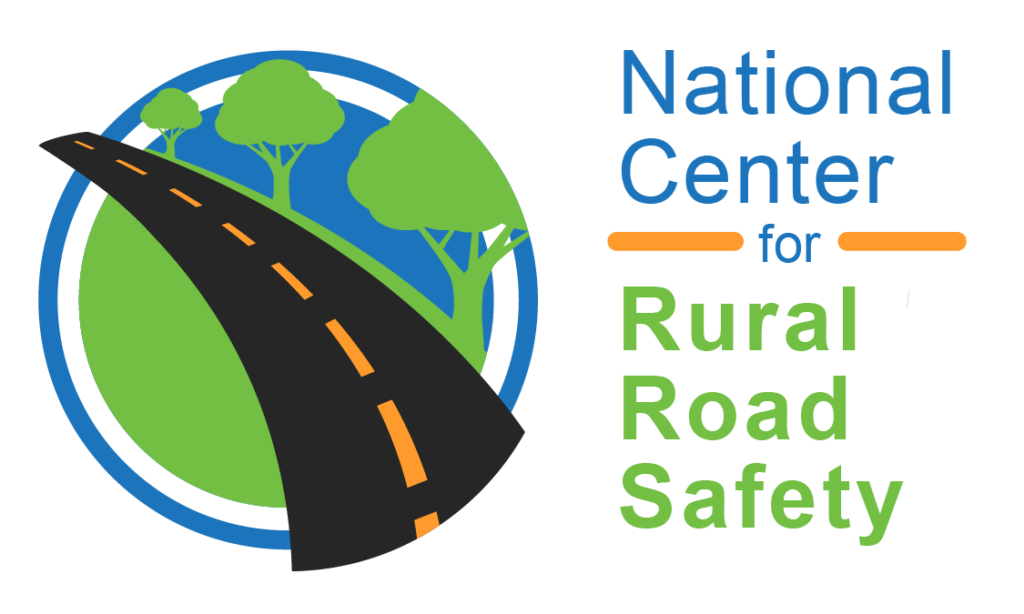Message from the Director: Our Research and Work Continues

Greetings from WTI! To staff, research partners, and friends of WTI who read our newsletter, I hope you are all staying safe and healthy. During this extraordinary time, we are all understandably focused on the immediate and critical needs of ourselves, our families, and our communities. To the extent possible, however, WTI continues to conduct […]
LTAP Director Named to TRB Low Volume Roads Committee

Matt Ulberg, director of Montana’s Local Technical Assistance Program (LTAP), has been named to the Transportation Research Board (TRB) Standing Committee on Low-Volume Roads — AFB30. TRB is one of seven program units of the National Academies of Sciences, Engineering, and Medicine, which provides independent, objective analysis and advice to the nation and conducts other […]
Do You Know a Good Candidate for the Public Lands Transportation Fellows Program?

The application process for the 2020 Public Lands Transportation Fellows (PLTF) Class is now open!! The PLTF program provides fellowships to recent graduates (sometimes current graduate students) in a transportation-related engineering, planning, or resource management program. They receive a unique opportunity for learning, career development, and public service within a federal land unit or agency […]
CHSC Grad Student Competes in Finals of Thesis Competition

Congratulations to Jubaer Ahmed, who was one of seven finalists in the “Three Minute Thesis” Competition hosted by the Montana State University College of Engineering. On February 27, he presented “How Does Emotional Intelligence Predict Driving Behavior?” before a full house of faculty, students, and community members in the COE Inspiration Hall. The topic builds […]
Winter Maintenance in the News

Winter’s not over yet (especially here in Montana), so winter maintenance is still a hot topic in the national media. In February, Next City published an in-depth feature entitled “Cities Are Cutting the Salt from their Winter Road Diets,” which focused on alternatives to salt and brine for roadway snow and ice control. WTI’s Cold […]
New Publication: NCHRP Publishes Study on Valuing Wildlife Crossings

Upcoming Webinar: Traffic Safety Culture Messaging

The National Center for Rural Road Safety will offer a free webinar on Wednesday, March 25 on “Traffic Safety Culture Messaging.” It will feature information on the forms, frame, and design of effective traffic safety messages, which are developed by applying an understanding of traffic safety culture. The webinar will be presented by Center for […]
